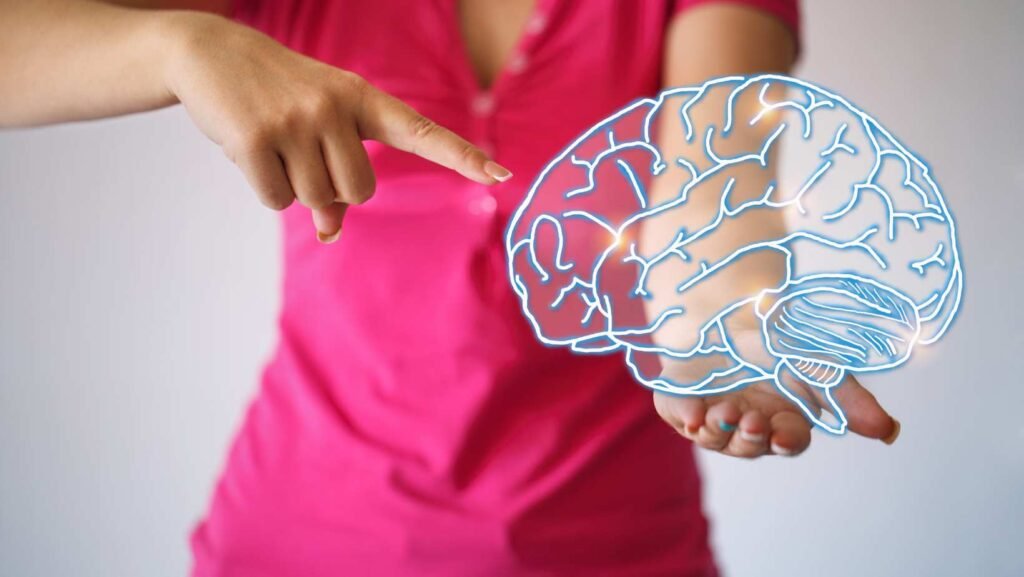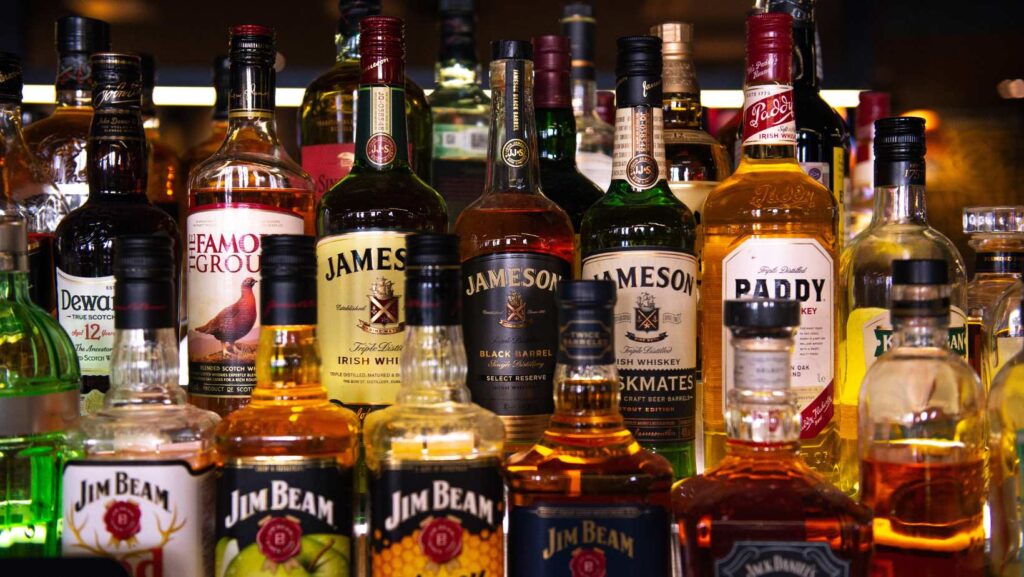Table of Contents
ToggleHow Alcohol affects the brain?
The ill-effects of alcohol are known to all, yet people engage in alcohol drinking. Drinking alcohol at moderate levels does not cause much harm. However, binge drinking or heavy drinking can have drastic effects on your body and brain. When consumed in large quantities, alcohol can lead to several chemical changes in your brain and develop your dependency on it.
Alcohol, even though it’s harmful to your health, is known to induce pleasure. This is because, in the beginning, alcohol increases the release of dopamine in the brain, thus making you feel relaxed and euphoric. Hence, several people opt for alcohol to relieve their stress, anxiety and escape from other problems in life. Among teenagers, drinking alcohol often starts from peer pressure or imitating the adults in the house. Alcohol is addictive, which has depressant effects on the brain. Thus many resorts to drinking alcohol to escape from the depression. However, drinking only makes it worse.
 Alcohol affects which part of the brain?
Alcohol affects which part of the brain?
Alcohol affects brain chemistry. It alters and interferes with three major neurotransmitters which are responsible for communication within the body.
- Glutamate receptors: Glutamate is a chemical that excites neurons and stimulates brain activity and energy levels. Consuming alcohol binds and block them from being activated.
- The Nucleus accumbens: It’s an essential structure in the middle part of the brain which retains satiety, memories and pleasure. Dopamine is released due to alcohol; this produces the feeling of being safe and an urge of euphoria. Also, a reason why alcohol is addictive.
- GABA receptors: It is a chemical that slowdowns the brain. As alcohol affects brain chemistry, it binds to activate these receptors, and we become a little tired.
 The ill-effects of alcohol on your brain
The ill-effects of alcohol on your brain
It has been observed that alcohol affects brain structure and parts of the brain in different ways-
- The hippocampus, which is responsible for storing and forming memory, is affected. When people drink a lot, they don’t remember what they did while they were drunk. This is because alcohol impacts your hippocampus, which leads to poor memory or, in the long run, memory loss.
- Another observation among drunk people is that they have poor coordination. This is because alcohol affects the cerebellum. The cerebellum is the brain that controls muscle movements’ coordination, thus helping the body maintain its posture, equilibrium, and balance. It also controls the motor skills of the body. Hence, it is forbidden to drink and drive.
- Your memory, thought cognition and judgement are all done by the frontal lobes. Binge drinking or heavy drinking impairs all of these critical functions.
- The hypothalamus and the pituitary gland are responsible for the release of hormones and coordinate automatic brain functions. However, when you drink alcohol, it depresses the nerve centres in the hypothalamus that are responsible for sexual arousal and performance. Alcohol increases your sexual desire but decreases performance.
- The medulla of the brain handles functions such as breathing, consciousness, body temperature, etc. Alcohol affects this area of the brain, thus inducing sleep. One can also experience changes in breathing and lower your body temperature.
Long term effects of Alcohol
- Shrinking of the brain – It has been observed that for people who have been drinking heavily for a long time, alcohol affects their brains and the way it carries out its tasks. Due to alcohol, the brain’s cells start to diminish, and the brain begins to shrink.
- Sleep Disorders- While in the beginning, alcohol makes you feel tired and sleepy; as time passes, it hinders your sleep schedule. Once the effects of alcohol wear off from the body, you start tossing and turning in your sleep. Heavy alcohol consumption may also lead to sleeping disorders such as sleep apnea, insomnia, etc.
- Brain damage- People who drink heavily on a day to day basis are at an increased risk of brain damage. The brain controls all the functions of the body. Alcohol abuse also leads to life-threatening problems such as stroke, traumatic brain injury, etc.
- Wet Brain Syndrome – Wet brain syndrome, also known as Wernicke Krosakoff Syndrome – a type of dementia, is a debilitating condition caused as a result of chronic and acute phases of Vitamin B1 deficiency. Alcohol hampers the absorption of thiamine (vitamin B) in the brain.
- Personality changes- Alcohol affects not only you but also your personality. This is more of the long term effects of alcohol, where alcohol consumption leads to behaviour changes. It is a known fact that alcohol affects behaviour. A person may become more aggressive and restless. Drinking alcohol changes the brain wiring and impairs one’s judgement and ability to think. The behaviour change also puts a strain on intimate relations.
Thus, overall, drinking alcohol is harmful to your brain and body and the people around you. If you think alcohol will provide relief from all the sorrows of life, it is not valid. Alcohol addiction is like quicksand. Once you step into it, there’s hardly any escape.
Also Read
About The Author

Medically reviewed by Dr. Chandril Chugh, MD, DM (Neurology)
Board-Certified Neurologist
Dr. Chandril Chugh is a U.S.-trained, board-certified neurologist with expertise in diagnosing and managing neurological disorders, including migraines, epilepsy, Parkinson’s disease, and movement disorders. His clinical focus includes evidence-based neurological care and patient education.
All content is reviewed for medical accuracy and aligned with current neurological guidelines.

 Alcohol affects which part of the brain?
Alcohol affects which part of the brain? The ill-effects of alcohol on your brain
The ill-effects of alcohol on your brain


